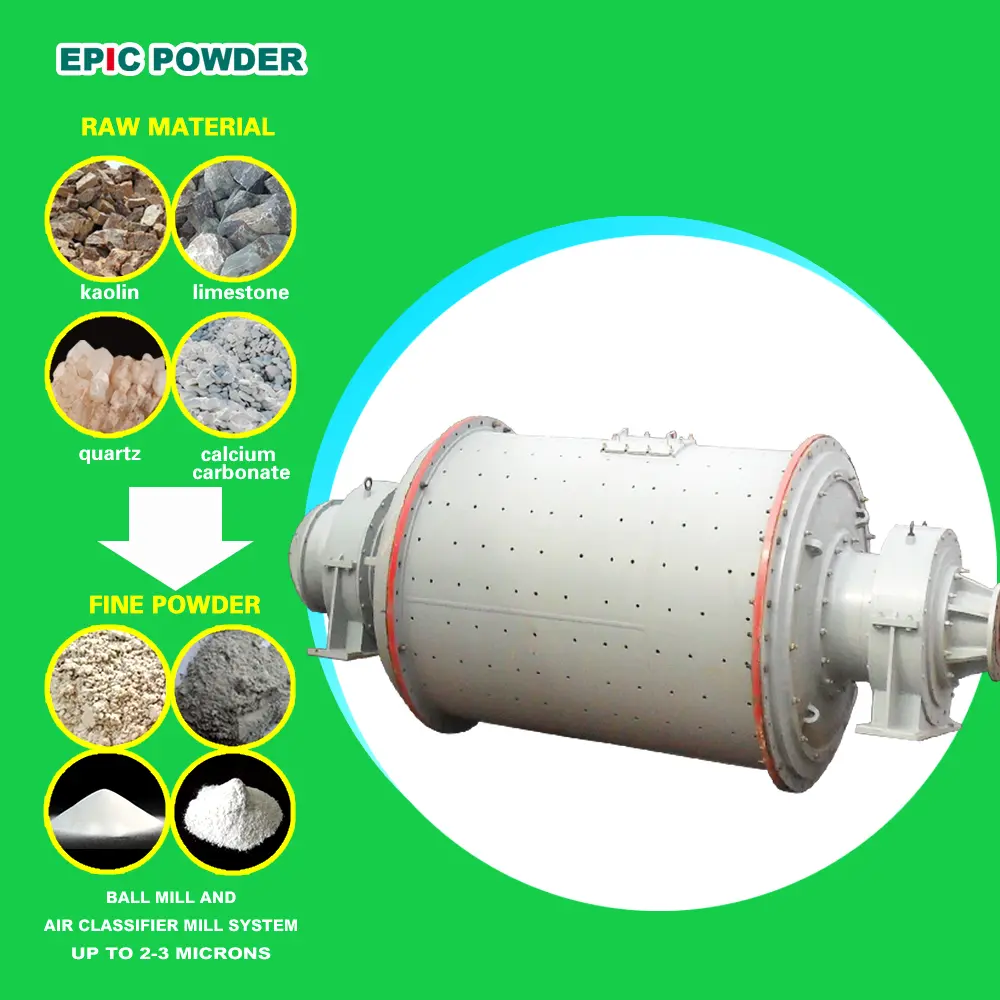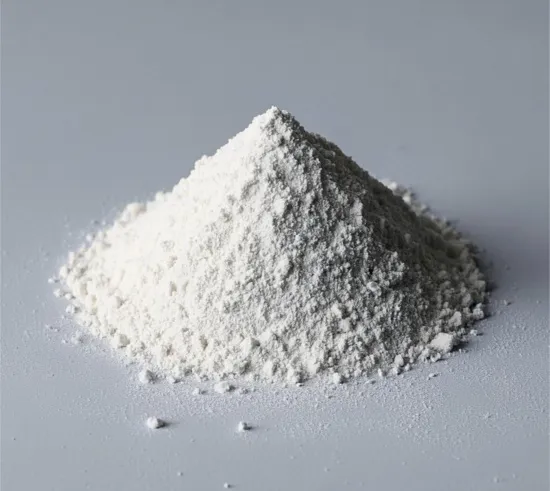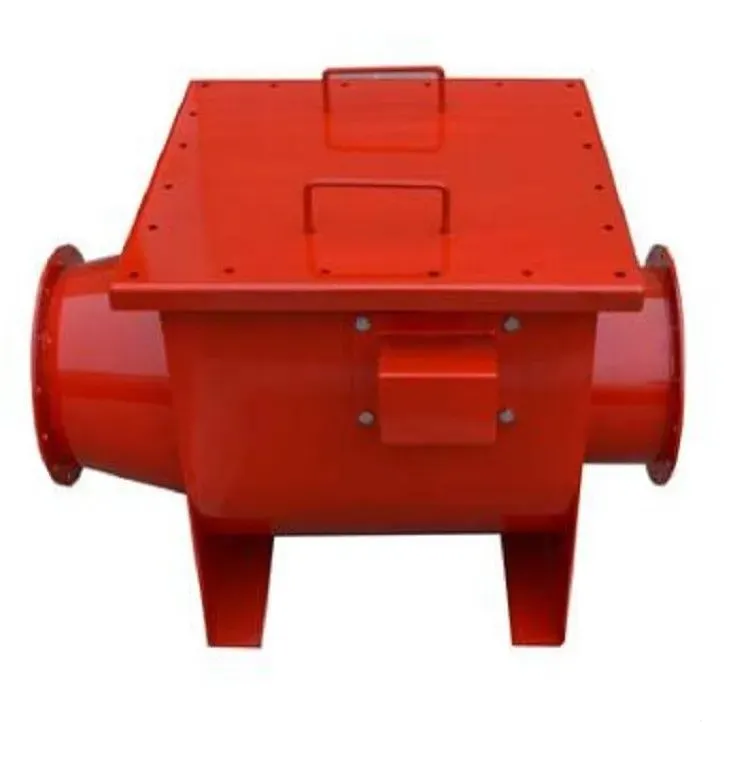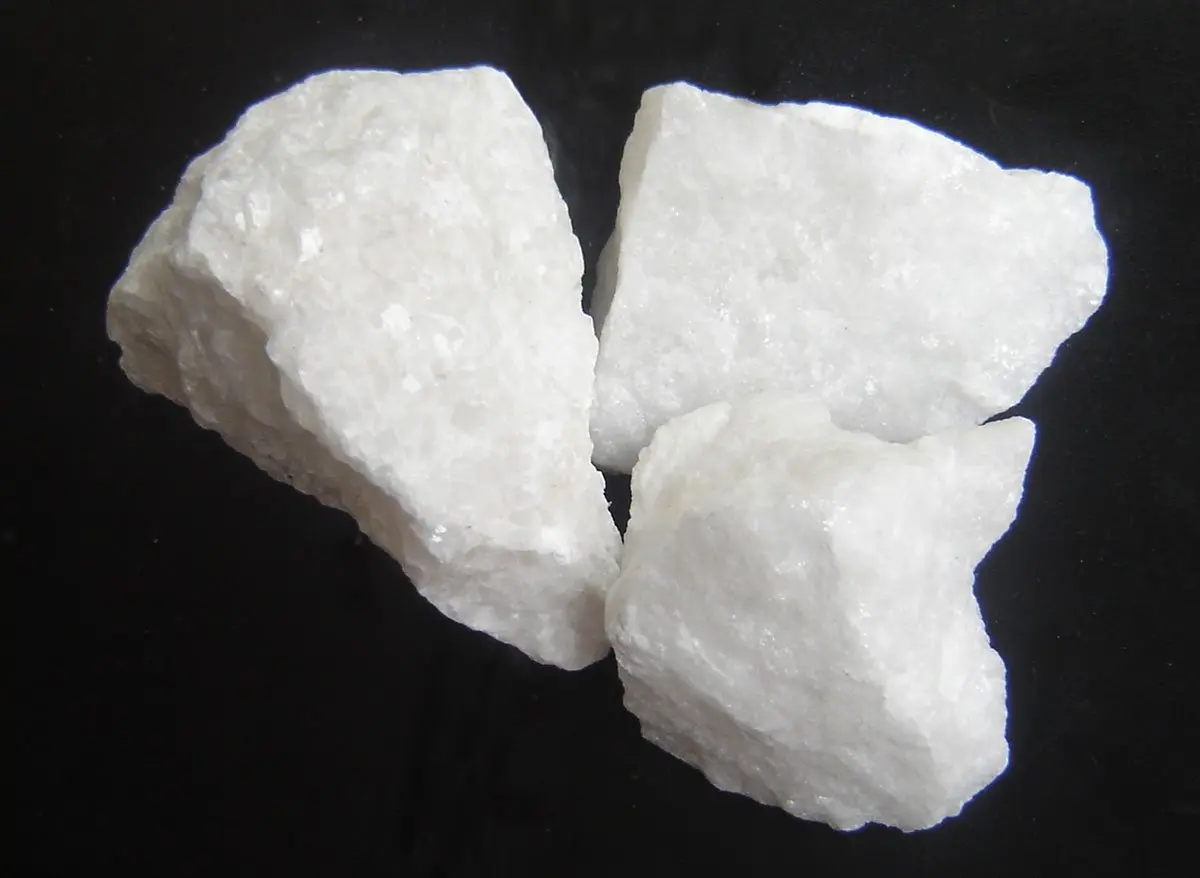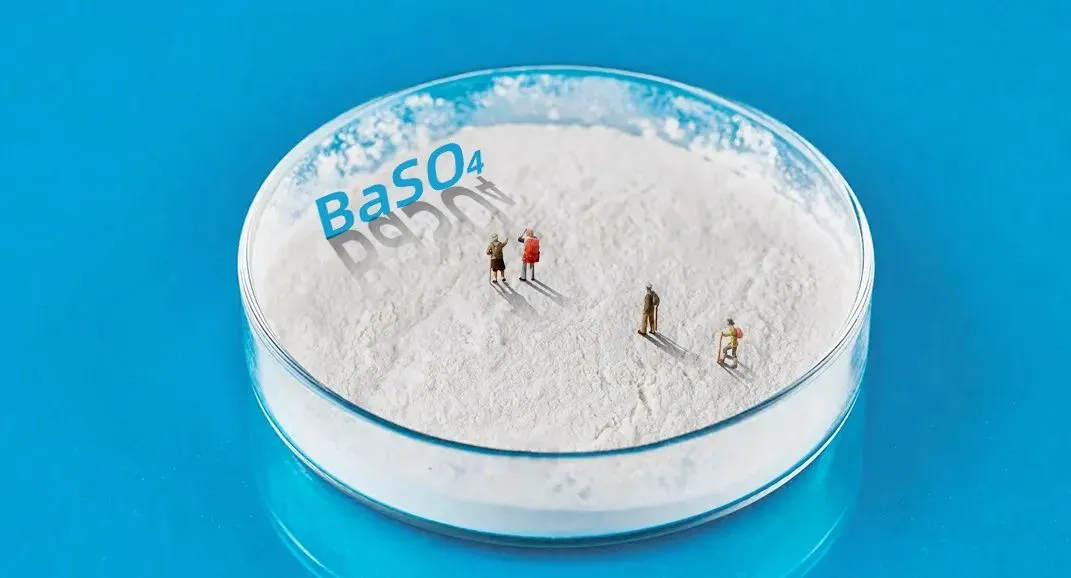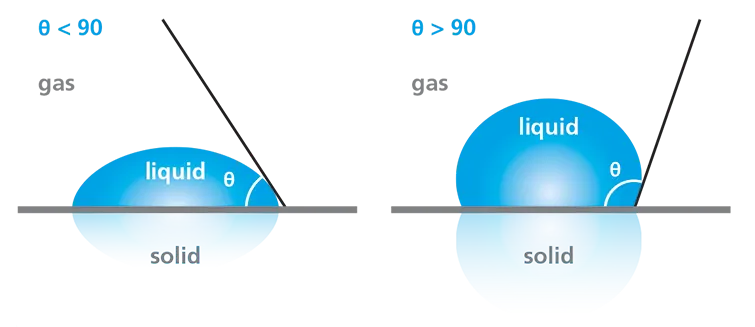Titanium and its alloys have great properties. They are low in density, strong, and non-magnetic. They resist corrosion and oxidation and are biocompatible. They are widely used in high-tech fields such as aerospace. However, high production and processing costs limit the use of titanium and its alloys in civilian fields, like automobiles, medical care, and sports.
After hydrogenating the titanium sponge, it is coarsely crushed by ball milling. This breaks the large pieces of titanium hydride into small particles. Then, a closed-loop airflow mill is used to crush, refine, and grade it into fine titanium hydride powder.
The closed-loop jet mill system uses high-purity argon as the abrasive medium. The argon pressure is high, the flow rate is fast. The efficiency is high, and there is no pollution to the powder. Also, the powder’s oxygen content can be reduced. Also, while crushing the titanium hydride, the classifying wheel grades the powder. This prepares a fine, low-oxygen titanium hydride powder.
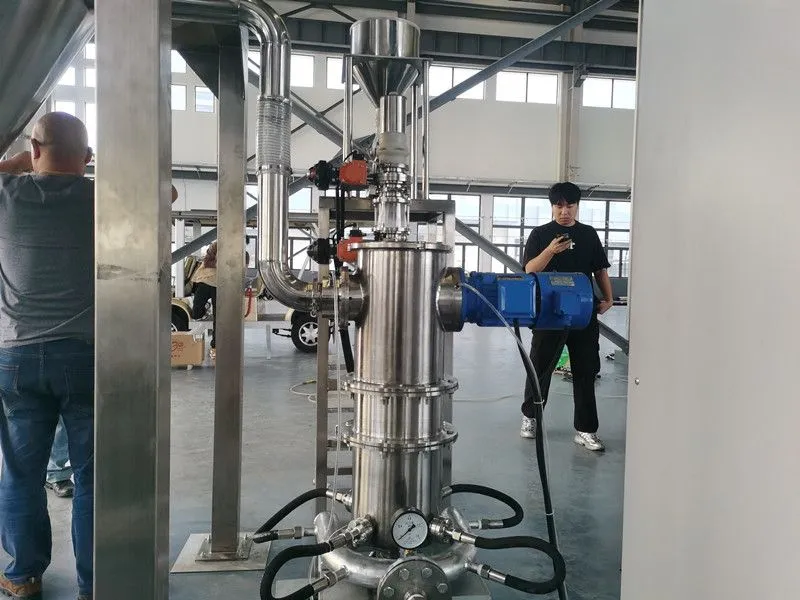
Working process and working principle of closed-loop jet mill
The equipment uses high-speed argon airflow to grind dry materials. It has an airflow mill, a cyclone collector, a dust collector, an air compressor, a gas storage tank, a cold dryer, and an electric control cabinet. During loading, argon enters the argon compressor (air compressor). The gas is dried by the gas dryer (cold dryer). Then, it is sprayed at high speed into the grinding chamber through a specially designed nozzle (Laval nozzle) at the bottom of the grinding body. The material is crushed at the intersection of multiple high-pressure airflows. The crushed material enters the classification chamber with the rising airflow. The high-speed rotating classification turbine generates a centrifugal force. The airflow creates a centripetal force. These forces separate the coarse and fine particles. The fine particles that meet the size requirements enter the cyclone and dust collectors through a gap in the classification wheel blades. The coarse particles are blocked by the blades. They fall to the crushing area to be crushed, and the cycle repeats.
Closed loop jet mill
The closed-loop jet mill has a significant effect in crushing titanium hydride powder. The closed-loop jet mill can crush titanium hydride powder with a 250μm average particle size to a D50 of 10μm, and a finest D50 of less than 6μm. You can classify the crushed powder. Adjust the classifying wheel’s frequency in the abrasive system to do so. This will yield titanium hydride powder with a uniform, narrow particle size distribution.
After being crushed by the closed-loop jetmill, the oxygen increase of the powder is low. The closed-loop airflow mill is a closed cycle for crushing titanium hydride powder. Its oxygen content is controllable. In addition, high-purity argon is used as the abrasive medium. High-pressure airflows collide and crush the powder. They wash away the extremely fine powder adsorbed on its surface. They also grind off the surface oxide skin. So, the oxygen increase of the powder is low.

